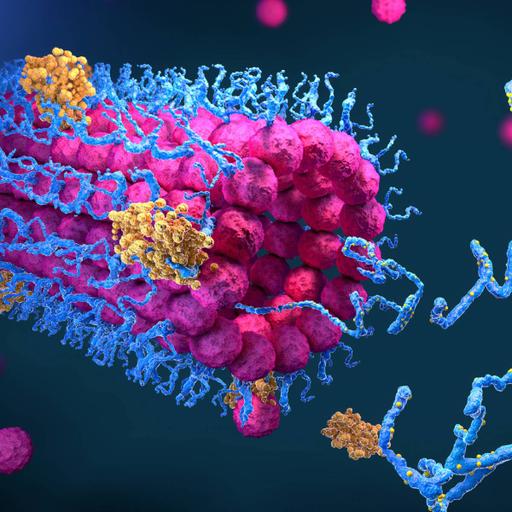Biomolecules
Presentations | English
Biomolecules are involved in large number of life functions, who are composed of more than 25 naturally occurring elements, primary elements being carbon, hydrogen, oxygen, phosphorus and sulfur. Four major types of biomolecules are carbohydrates, lipids, nucleic acids and proteins. Carbohydrates are essential part of a healthy diet who provide energy to do work. They are classified as monosaccharides, disaccharides and polysaccharides, depending on the number of products formed after hydrolysis. Proteins are unbranched polymers of aminoacid residue, categorised into four groups based on structural functions that is primary, secondary, tertiary and quaternary. Nucleic acids present inside the cell are macromolecules involved in the storage and transfer of genetic information. They are polymers of nucleotides, which contains a nitrogenous base, pentose sugar and aphosphate group. Lipids are organic compounds, hydrophobic composed by a chain of hydrocarbons. They are chemically more diverse than biomolecules and involved in membrane structure and energy storage. More details on this topic can be understood from the presentation.

59.50
Lumens
PPTX (119 Slides)
Biomolecules
Presentations | English
